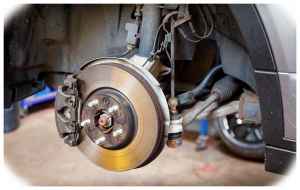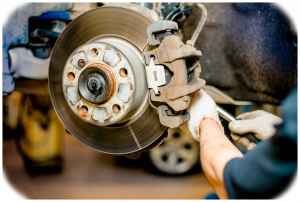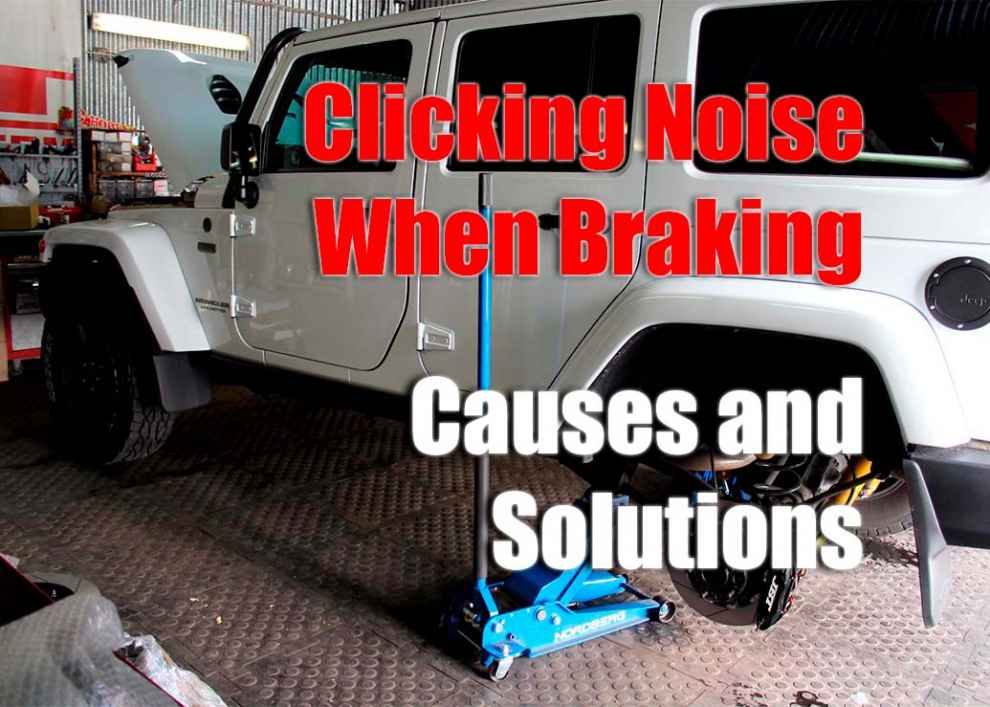Clicking noise when braking is a common problem experienced by many vehicle owners. Many people have encountered this issue in the past and it can be quite alarming to hear an unfamiliar sound coming from your car. In some cases, the clicking noise is nothing more than just a minor annoyance, but in other cases it could be indicative of a much bigger problem. Knowing what causes this clicking noise and how to diagnose and repair it can help you save time, money, and stress in the long run.
How Does It Sound?
The sound of clicking noise when braking is generally described as high-pitched or metallic, resembling that of metal plates gently tapping against each other. Depending on the cause of your clicking brakes, you might also experience squeaking or squealing noises when pressing down on the brake pedal, which could indicate an issue with your brakes’ lining or rotors.
What Causes It?

Diagnosing & Repairing Clicking Noise When Braking
Professional Inspection & Repair: The best way to diagnose and repair any issues causing clicking noise when braking is by having a professional inspect your brakes for any signs of damage or wear-and-tear that should not be there such as unusual scraping sounds on certain surfaces (rotor surface), warped rotors (uneven thickness), grooves in drum brakes (metal pieces sticking out), etc., all which could point towards a certain part needing servicing or replacement entirely.
The mechanic may also need to check for contamination within the braking system itself as well as check for any loose parts/worn hardware which may require immediate attention/repair/replacement before being able to safely drive again with no further issues occurring due to lack thereof care taken previously leading up until now resulting in said issue at hand..
DIY Troubleshooting Tips
If you think you’re up for trying some troubleshooting measures yourself before taking your car into a professional shop then here are some tips on how you can go about doing so: Firstly, check if all lug nuts are securely tightened – if they’re loose then tighten them using sufficient torque (it’s best practice to use an appropriate torque wrench).

Last but not least escalate anxiously should none above steps prove fruitful otherwise seek professional assistance straight away provided feeling unable handle tasks accordingly – better safe regretful than sorry due potential risks associated with failing short hereof! Also read What Is Engine Braking to understand more about the benefits and mechanics behind this vehicle slowing method.
Conclusion
All cars encounter small problems from time to time but it pays off greatly knowing what causes these problems beforehand so that one can address them swiftly rather than witnessing further consequences down line – especially true regarding matters concerning safety whilst behind wheel! That said we hope we’ve been able provide useful insight into matter clicking brake noises & proposed steps one might go about tackling same within reasonable capacity!

Add Comment